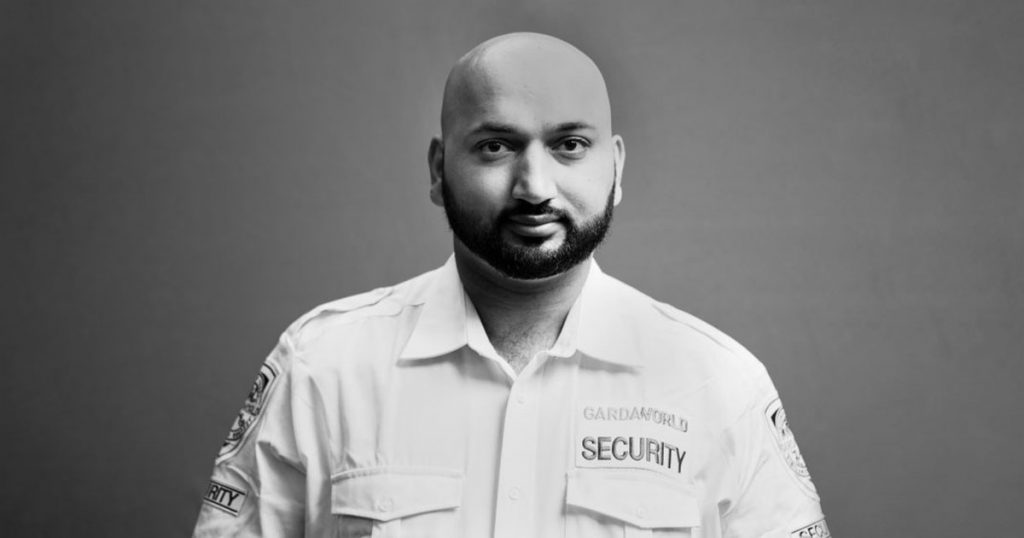Ten great things that happened this week

(December 3, 2020) – Each week, we’re sharing a list of 10 great things that happened at our sites. Do you have a story you’d like to share? Send it to communications@unityhealth.to.
1) Dr. Philip Berger, former Chief of Family Medicine at St. Michael’s Hospital, is appointed to the Order of Canada
Dr. Philip Berger spent 20 years of his medical career at St. Michael’s where he pushed boundaries and fought for vulnerable populations. He was appointed to the Order of Canada, one of the country’s highest civilian honours, for his long-standing efforts to bring the social determinants of health to the forefront of medical care and for his strong advocacy on behalf of patients. Read more about his work and about his appointment.
2) Scientists honoured for leaving ‘lasting imprint’ on research at Unity Health
To wrap up Research Month, eight outstanding members of the Research and Innovation community at Unity Health Toronto were recognized at a virtual ceremony. The fifth annual awards ceremony highlighted the work of trainees, researchers, and staff from the Li Ka Shing Knowledge Institute (LKSKI) and the Keenan Research Centre for Biomedical Science (the Keenan).
3) Dr. Anju Anand makes public health messaging accessible to South Asian residents in Peel region
Dr. Anju Anand, physician at St. Michael’s Hospital, and a group of doctors have formed the South Asian COVID-19 Task Force to ensure Peel region communities understand public health messaging about the pandemic. Dr. Anand spoke with CBC on why she thinks developing and disseminating “culturally sensitive and culturally appropriate” information can help save lives. Read more.
4) Dr. Mark Yudin advocates for better family planning support for people with HIV
A new commentary co-authored by St. Michael’s Hospital’s Dr. Mark Yudin and obstetricians across four provinces is encouraging pregnancy care providers to lean on Canada’s evidence-based guidelines to support prospective parents living with and affected by HIV.
5) The Research Biobank and St. Michael’s scientists collaborate on COVID-19 research
When the pandemic halted Dr. Uriel Trahtemberg‘s research on predicting complications from strokes in the Trauma and Neurosurgery Intensive Care Unit, the clinical fellow at St. Michael’s Hospital used existing infrastructure to research COVID-19 instead. With the help of the Biobank Program at St. Michael’s, the Coronavirus Longitudinal Biomarkers in Lung Injury (COLOBILI) Study was up and running in just two weeks. The COLOBILI study is a longitudinal study of biomarkers among COVID-19 patients with lung injury.
6) Our Dr. Farah Mawani explains how systemic factors are fueling the spread of COVID-19 in Brampton
Systemic racism has put racialized people, particularly new immigrants, at greater risk during the pandemic says our Dr. Farah Mawani, epidemiologist at the MAP Centre for Urban Health Solutions. She spoke with the Canadian Press about why Brampton is one of Ontario’s hardest hit regions. Read more.
7) Dr. Ahmed Bayoumi teams up with community partners to serve marginalized groups
The pandemic has exacerbated health inequities says our Dr. Ahmed Bayoumi, physician and scientist with the MAP Centre for Urban Health Solutions at St. Michael’s Hospital. He is working with community organizations serving marginalized groups to find solutions for those experiencing the greatest need. He spoke with the Hamilton Spectator about his invigorating experience working with communities committed to change. Read more.
8) Nazim Khalil shares his experience during the pandemic as part of our Behind the Mask series
For Nazim Khalil, security supervisor at Providence Healthcare, his job normally involves security patrols, watching over patients and visitors and responding to codes. Although his responsibility has increased since the pandemic started, he still maintains a positive attitude, “I never looked at it as I have to be home to be safe – we all have to do what we have to do in this hard time.” Read his story #BehindtheMask.
9) Will removing barriers to naloxone access increase uptake among high-risk individuals? Dr. Tara Gomes and Dr. Tony Antoniou investigate
Pharmacy-based naloxone dispensing increased in Ontario following changes to the Ontario Naloxone Program for Pharmacies (ONPP), suggests a new study by the Ontario Drug Policy Research Network (ODPRN). Dr. Tara Gomes, a scientist at the Li Ka Shing Knowledge Institute of St. Michael’s Hospital and ICES, and a principal investigator of the ODPRN, and Dr. Tony Antoniou, co-principal investigator of the study and scientist at the Li Ka Shing Knowledge Institute and ICES, discuss their findings.
10) How did Cornell University become a model for COVID-19 prevention? Our Dr. Larissa Matukas weighs in
Regular testing and robust contact tracing has helped prevent major COVID-19 outbreaks at Cornell University in New York. Our Dr. Larissa Matukas spoke with CBC The National on what Canada can learn about the institution’s strategy. Watch the segment.
